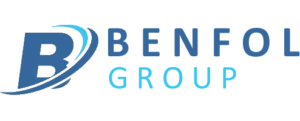111 North Wabash Ave. Ste.100
The Garland Building
Chicago, IL 60602
USA
Become a DevOps engineer
Are you aspiring to become a DevOps Engineer or seeking to enhance your skills in the dynamic field of DevOps? Look no further!
Our comprehensive 10-week intensive training program is designed to equip you with the essential knowledge and hands-on experience needed to excel in the world of DevOps.
Meet 1.1 with experts and mentors
World-class instructors!
Get hired with our hiring partners!
Modules
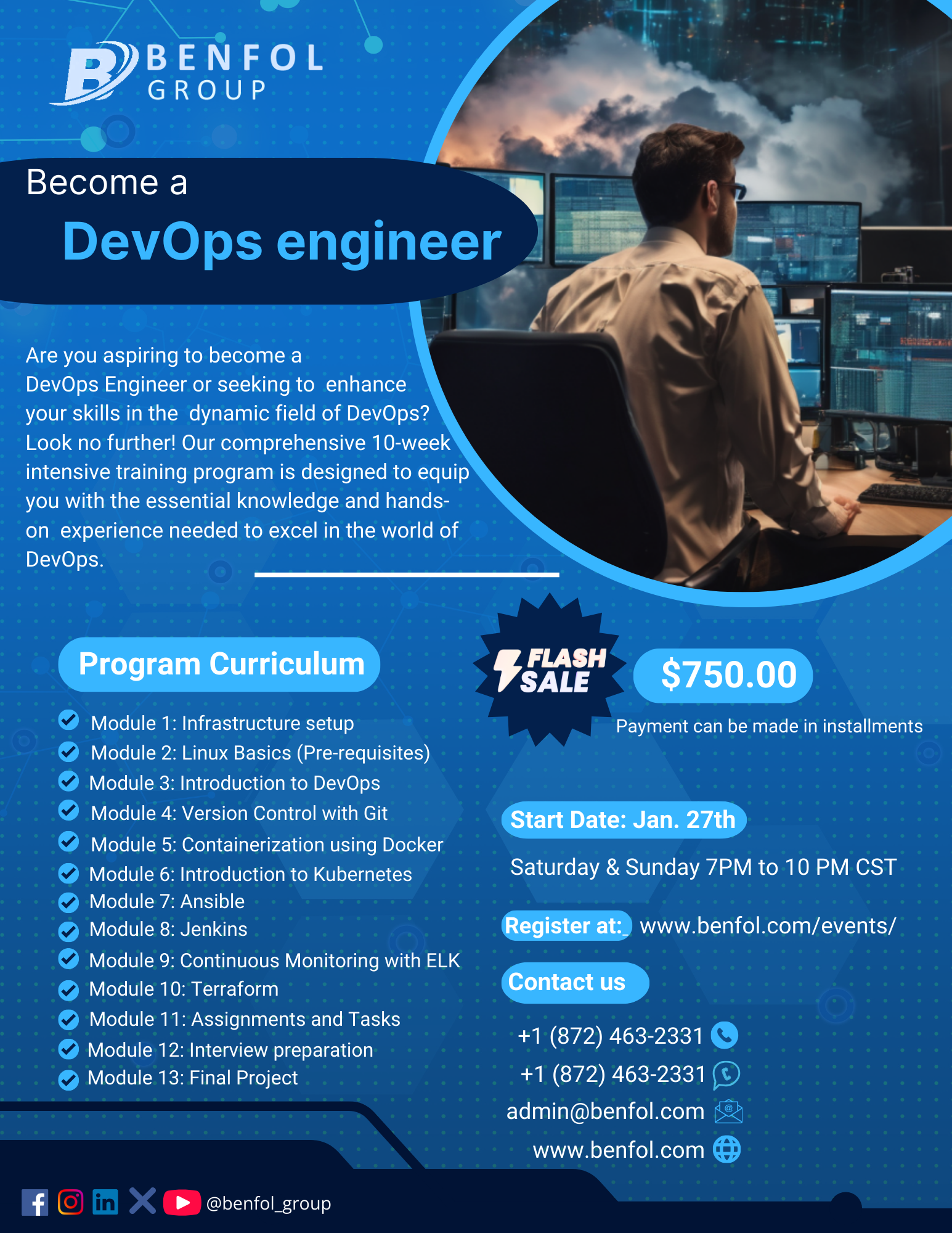
Module 1: Infrastructure setup
Module 2: Linux Basics (Pre-requisites)
Module 3: Introduction to DevOps
Module 4: Version Control with Git
Module 5: Containerization using Docker
Module 6: Introduction to Kubernetes
|
Module 7: Ansible
Module 8: Jenkins
Module 9: Continuous Monitoring with ELK
Module 10: Terraform
Assignments and Tasks
Interview preparation
Final Project
|
Program Curriculum
Module 1: Infrastructure setup
Module 1: Infrastructure setup
- Lab setup – AWS Account Creation
- Setup code editors
- EC2 Walkthrough
- A discussion about pre-requisites
- Hands-on Exercise
- Assignments
Module 2: Linux Basics (Pre-requisites)
Module 2: Linux Basics (Pre-requisites)
- Fundamentals of the Linux operating system
- Understand command line basics and shell scripting
- Basics of File Management and User management
- Hands-on Exercise
- Assignments
Module 3: Introduction to DevOps
Module 3: Introduction to DevOps
- What is Software Development?
- Software Development Life Cycle
- Traditional Models for SDLC
- Why DevOps?
- What is DevOps?
- DevOps Lifecycle
- DevOps Tools
- Hands-on Exercise
- Assignments
Module 4: Version Control with Git
Module 4: Version Control with Git
- What is version control?
- Types of Version Control System
- Walkthrough of various version control systems
- Introduction to Git
- Git Lifecycle
- Common Git Commands
- Working with Branches in Git
- Merging Branches
- Resolving Merge conflicts
- Git Workflow
- Hands-on Exercise
- Assignments
Module 5: Containerization using Docker
Module 5: Containerization using Docker
- Understanding Docker Lifecycle
- Components of Docker Ecosystem
- Common Docker Operations
- Creating a DockerHub Account
- Committing changes in a Container
- Pushing a Container Image to DockerHub
- Creating Custom Docker Images using Dockerfile
- What are Docker volumes?
- Deploying a Multi-tier Application Using Docker Network
- Using Docker Compose to Deploy Containers
- Hands-on Exercise
- Assignments
Module 6: Introduction to Kubernetes
Module 6: Introduction to Kubernetes
- Installation
- Kubernetes architecture, pods, services and deployment
- Deploy, scale, and manage containerized applications
- Installation of various production setups (Kops, EKS, Kubeadm)
- Hands-on Exercise
- Assignments
Module 7: Ansible
Module 7: Ansible
- Configure and manage systems with Ansible playbooks
- Understand inventory management and variables
- Modules and Roles
- Hands-on Exercise
- Assignments
Module 8: Jenkins
Module 8: Jenkins
- Continuous Integration and Continuous Delivery (CI/CD) with Jenkins
- Build, test, and deploy applications automatically
- Configure pipelines and plugins for efficient development workflows
- Hands-on experience with Jenkins job configuration
- Hands-on Exercise
- Assignments
Module 9: Continuous Monitoring with ELK
Module 9: Continuous Monitoring with ELK
- Introduction to Monitoring and Logging
- Importance of Continuous Monitoring in DevOps
- Look into various beats
- Components of ELK Stack (Elasticsearch, Logstash, Kibana)
- Setting up ELK Stack
- Log management with ELK (Log ingestion, indexing, dashboards, etc.)
- Hands-on Exercise
- Assignments
Module 10: Terraform
Module 10: Terraform
- Infrastructure automation with Terraform
- Terraform Lifecycle
- Provision and cloud resources using declarative syntax
- Terraform providers and modules
- Deploy and manage infrastructure with Terraform
- Hands-on Exercise
- Assignments
Assignments and Tasks
Assignments and Tasks
- Apply your knowledge with practical assignments after each module
- Demonstrate your skills by completing real-world tasks
- Get personalized feedback and guidance from experienced instructors
- Strengthen your understanding through hands-on exercises
Interview preparation
Interview preparation
- Get real-world interview questions after each module
- Get confident and interview-ready while learning
Final Project
Final Project
- Apply all your learning to complete a comprehensive project
- Build a real-world DevOps pipeline from scratch
- Showcase your abilities and create a portfolio-worthy project
- Receive constructive feedback and suggestions for improvement

Tools to Learn

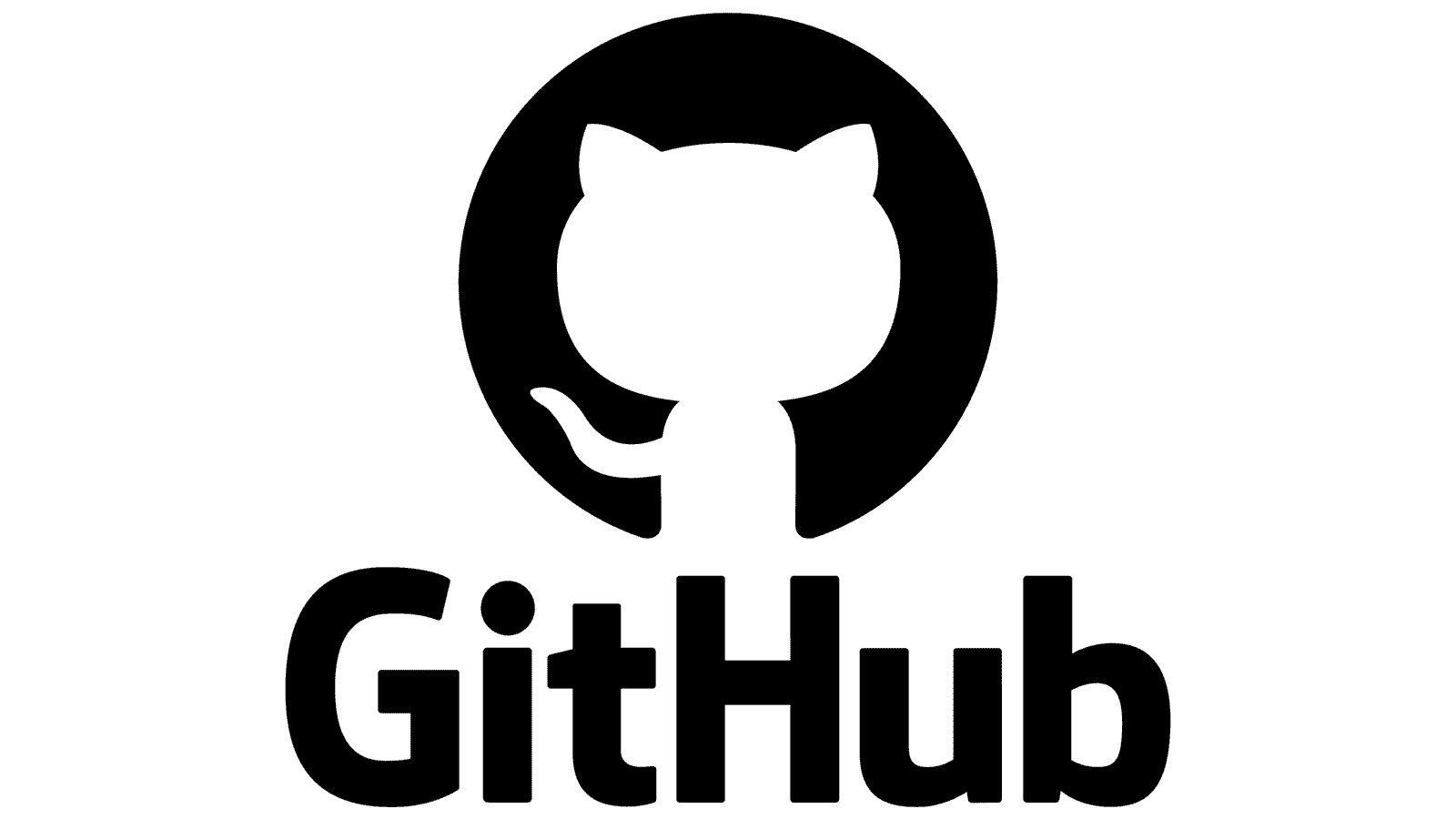
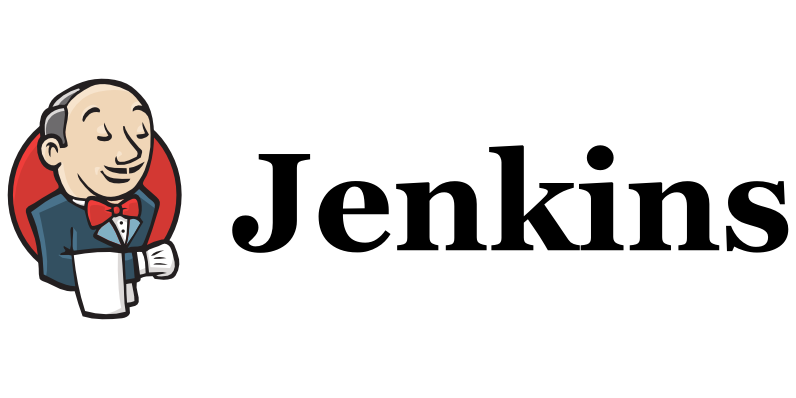
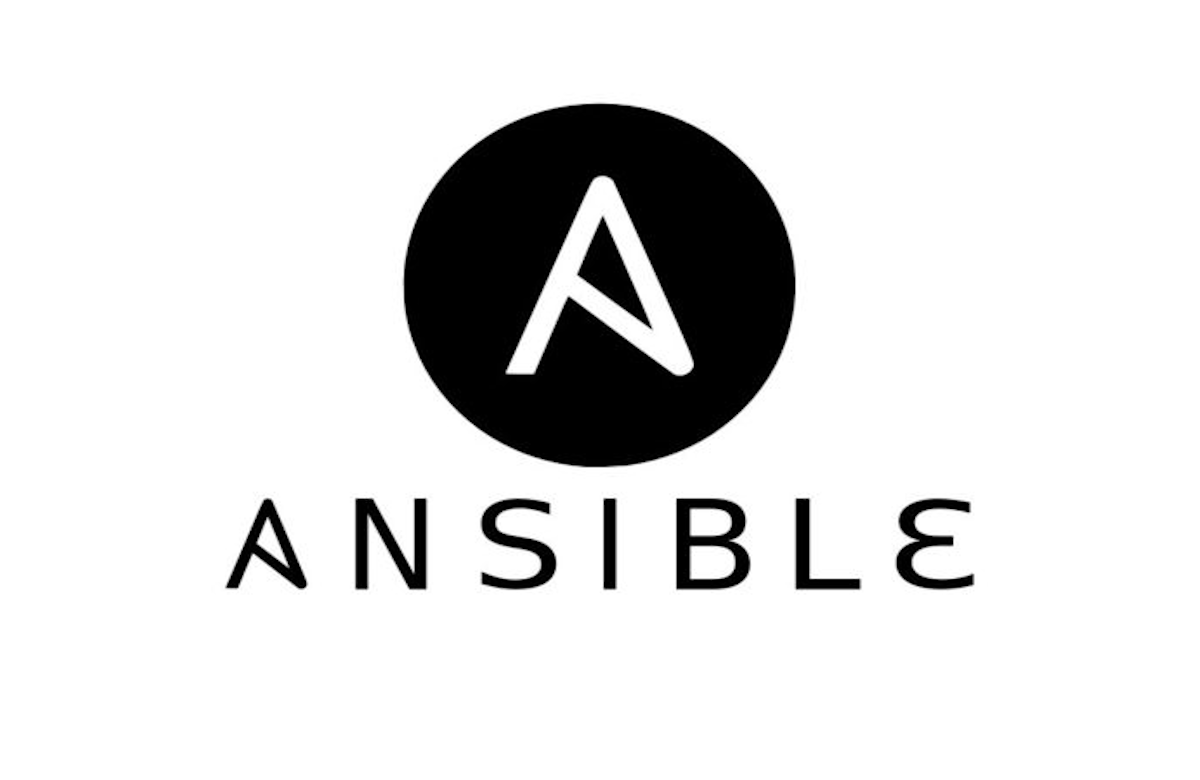
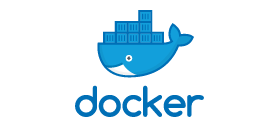
Who can apply for the course?
- Individuals from both technical and non-technical backgrounds are welcome to apply
- Recent high school graduates with a strong interest in Cloud computing and DevOps.
- Professionals with practical experience in IT or related fields.
- Individuals with relevant certifications in the technology sector.
- Military veterans seeking to transition into the tech industry.
- Career changers exploring opportunities in Cloud computing and DevOps.
- Those with a passion for innovation and technology.
- Individuals with a commitment to continuous learning and professional development.
- Applicants with excellent problem-solving and analytical skills.
- Students or professionals with a keen interest in staying abreast of the latest industry trends and advancements.
Start Date: Nov 25 to Dec 17, 2023
Saturday & Sunday
7 AM – 9 AM CST (USA)
1 PM – 3 PM GMT (UK)
2 PM – 4 PM GMT +1 (Nigeria)
Phone/WhatsApp: +1(309) 237 9719
